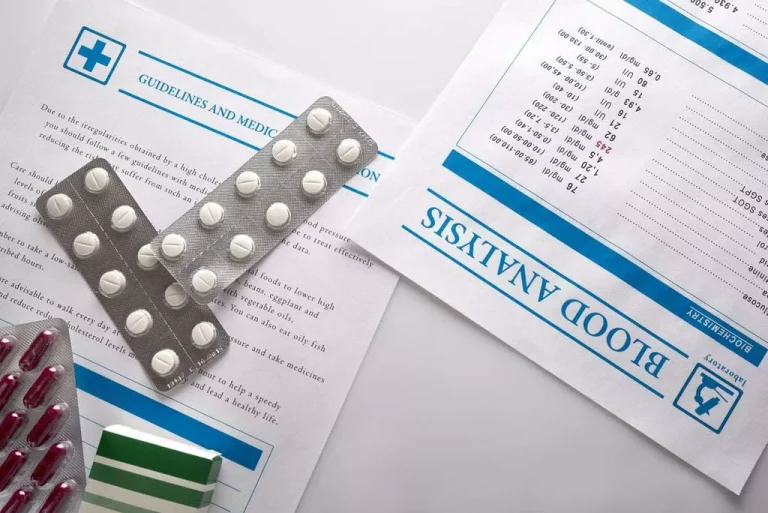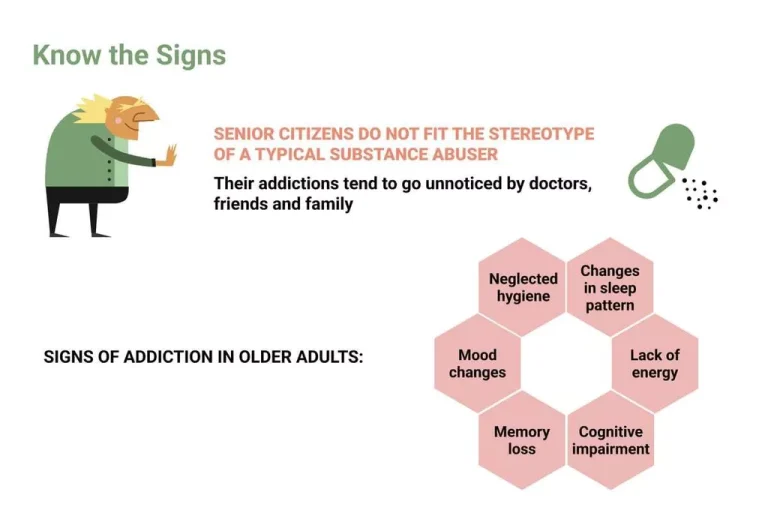
“This results in flushing of the face, and feeling the symptoms of alcohol intoxication with lower amounts of it.” “Alcohol and sulphites tend to evaporate away during cooking, so the potential for intolerances is certainly reduced,” Dr Watts says. However, if you’re allergic to an ingredient found in certain alcoholic drinks, dishes which contain that drink are not safe to eat. It’s very difficult for consumers to know whether an alcoholic drink contains allergens or ingredients they’re intolerant to. That’s because in the UK, alcoholic drinks manufacturers don’t have to put an ingredients list or nutrition information on the label. So, Dr Sim urges anyone who knows they’re allergic to certain foods, particularly grains, to be aware they could be in drinks, too.
Who Is at Risk of Nonallergic Rhinitis?
- Low-calorie alcoholic drinks or beverages may contain sugar alcohols.
- Unhealthy alcohol use includes any alcohol use that puts your health or safety at risk or causes other alcohol-related problems.
- Often, what people consider to be an alcohol allergy is, in fact, alcohol intolerance.
- If the reactions return with specific drinks, then you know which ones cause problems for you.
- Research suggests this is one of the most common hereditary disorders in the world, affecting 560 million people, or eight percent of the global population.
“For some people with sensitive airways, such as asthmatics, consuming sulphites in alcohol may cause wheezing,” she explains. This genetic condition means that you experience negative symptoms when drinking alcohol because your body is unable to process it properly. Because the body can’t break down alcohol, it’s toxic byproducts flood the system and accumulate with each drink you have. If you’re allergic to alcohol, you may experience hives, itching, swelling, difficulty breathing, and wheezing.
Enjoy drinking again and get Sunset Alcohol Flush Support for33% off while stocks last!
It’s available in preloaded syringes, known as epinephrine auto-injectors (e.g., EpiPen). If your doctor prescribes an epinephrine auto-injector, you should carry it with you at all times. Then go to your nearest emergency department for follow-up care. It’s possible to develop an alcohol allergy at any point in your life. Sudden onset of symptoms may also be caused by a newly developed intolerance.

What Is Nonallergic Rhinitis?
- If sneezing impacts your quality of life, talk to your doctor about ways to reduce or eliminate the problem.
- These side effects could be caused by a serious allergy and warrant a visit with your doctor to address your symptoms.
- If you have an allergy, your immune system over-reacts to contact with a trigger or “allergen.” If you have an alcohol allergy, your immune system treats alcohol as a threat.
- Sneezing is usually not harmful, but it can be a nuisance.
- The former is when you get a little loosey-goosey at the bar; the latter is more like you feel sick after sipping on a glass of wine while relaxing at home.
Ask your doctor if you should carry a prescription epinephrine pen. In some cases, over-the-counter or prescribed medications might help alleviate symptoms. If you experience a mild allergic reaction, over-the-counter oral antihistamines may be enough to treat it. If you develop any signs of a severe reaction, you should receive one or more doses of epinephrine.

How To Handle Sneezing if It Happens
Listen to relatives, friends or co-workers when they ask you to examine your drinking habits or to seek help. Consider talking with someone who has had a problem with drinking but has stopped. Unhealthy alcohol use includes any alcohol use that puts your health or safety at risk or causes other alcohol-related problems. It also includes binge drinking — a pattern of drinking where a male has five or more drinks within two hours or a female has at least four drinks within two hours. Binge drinking causes significant health and safety risks.
Treatment and Prevention
People with alcohol intolerance could still consume alcohol, although they will likely experience side effects. An alcohol allergy is a rare toxic reaction to alcohol that can be fatal in rare cases. Often, what people consider to be an alcohol allergy is, in fact, alcohol intolerance. Histamine is a chemical that occurs naturally in your body. It’s also found in many foods and beverages, especially fermented products.
For example, aged cheese, smoked meats, sauerkraut, wine, and beer tend to be high in histamines. If you have an allergy, your immune system over-reacts to contact with a trigger or “allergen.” If you have an alcohol allergy, your immune system treats alcohol as a threat. sneezing after drinking alcohol It responds to alcohol by producing antibodies known as immunoglobulin E (IgE). These antibodies trigger an allergic reaction in your body. Genetic, psychological, social and environmental factors can impact how drinking alcohol affects your body and behavior.
Once you know what’s triggering your symptoms, you can make more informed choices about what—and how much—you drink, so you can enjoy alcohol without the unpleasant surprises. As always, if you suddenly experience any of these symptoms after drinking alcohol, you should consult with a licensed medical practitioner for a proper diagnosis. This effect can also make you feel hot when you drink alcohol, but it can also lead to short-term nasal congestion. The blood vessels around your nasal cavity can expand, making it a bit more difficult to breathe normally.
- Some people have a variant in the gene that codes for ALDH2.
- Spirits such as vodka and gin can also cause sneezing due to the presence of histamines.
- IgE is an antibody that suggests that a person may have allergies.
- But alcohol tolerance is more complicated than just being “a lightweight” or not.
As it turns out, understanding your alcohol-induced stuffy nose starts with understanding how your body processes alcohol — or tries to, anyway. Another type of allergen, lipid transfer protein (LTP), is found in fruits, vegetables, nuts, seeds and cereals, and can also be present in some alcoholic drinks. https://ecosoberhouse.com/ Those with a genuine alcohol allergy should completely avoid alcohol. People with an alcohol allergy should exercise caution when eating or drinking anything that they have not prepared themselves. If you find out that you’re allergic to one ingredient, you might still be able to enjoy beer.

How is Sudden Alcohol Intolerance Different from an Alcohol Allergy?
In fact, alcohol intolerance is a metabolic disorder that doesn’t have anything to do with how many drinks you can down before your beer goggles switch on. Your body holds on to the nutritive parts of what you eat and drink, but, otherwise, what goes in must also come out. Alcoholic drinks high in sulphites and/or histamine include wine (red, white, rosé and sparkling), cider and beer. Some varieties of gin and vodka, as well as ‘natural wines’ are low in sulphites. However, asthma experts warn sufferers to choose their drinks carefully, because even low-sulphite wines will contain some sulphites.
